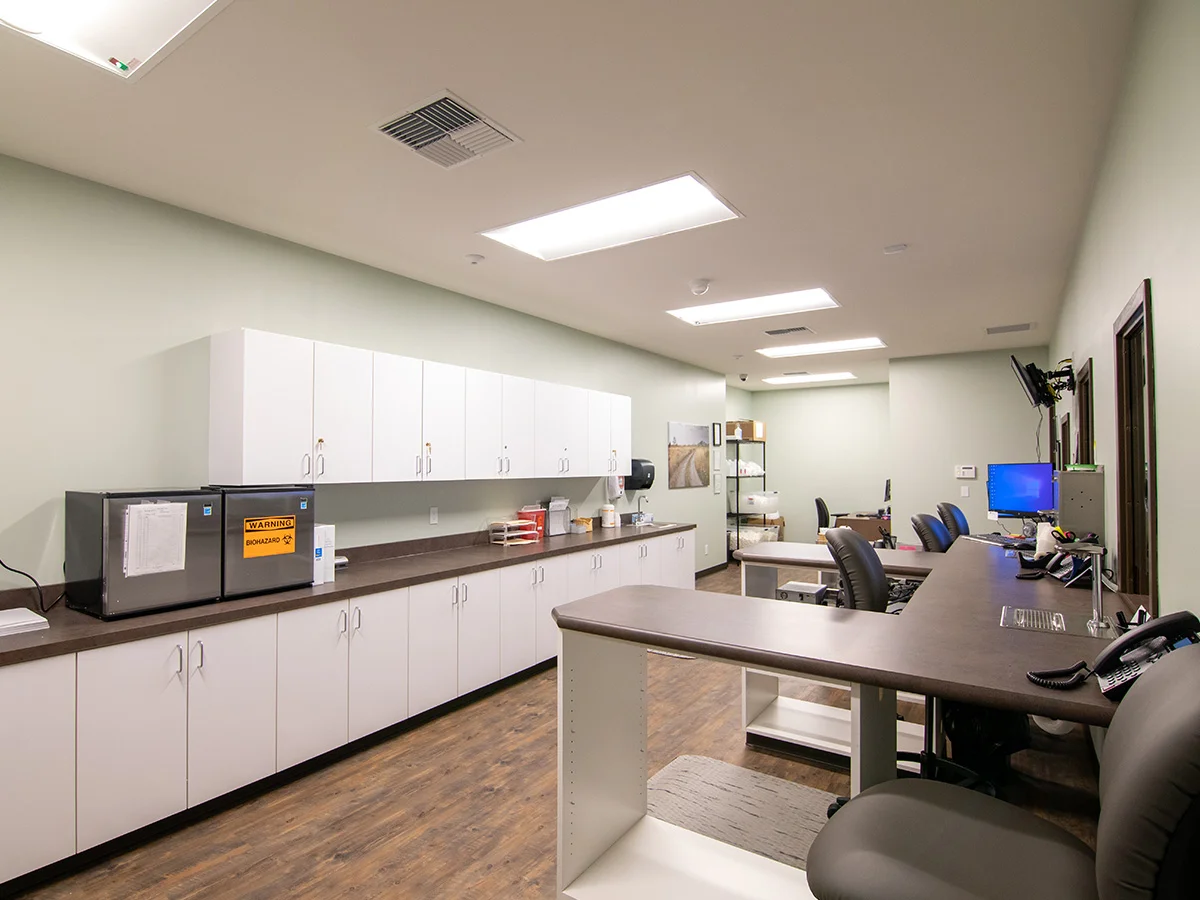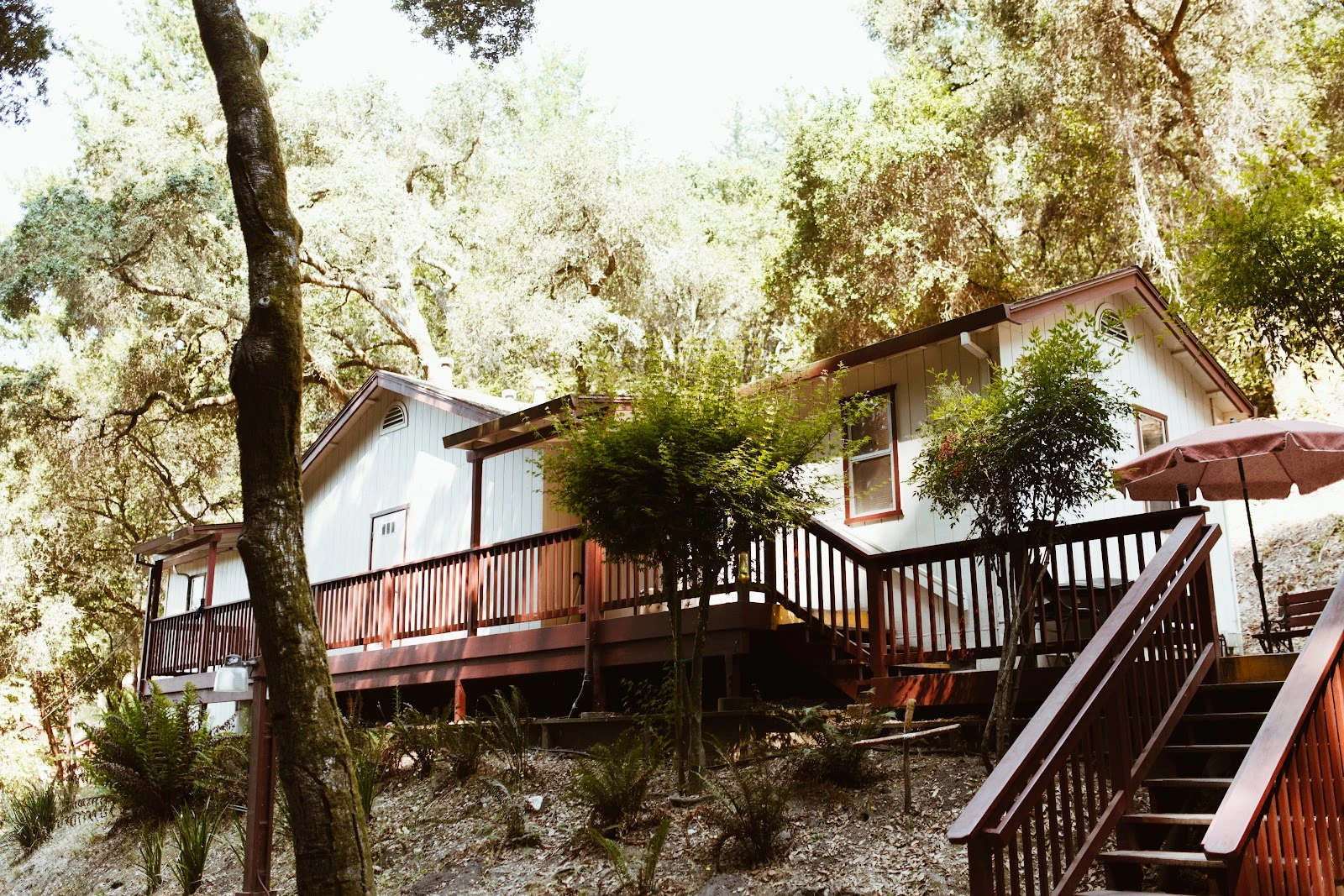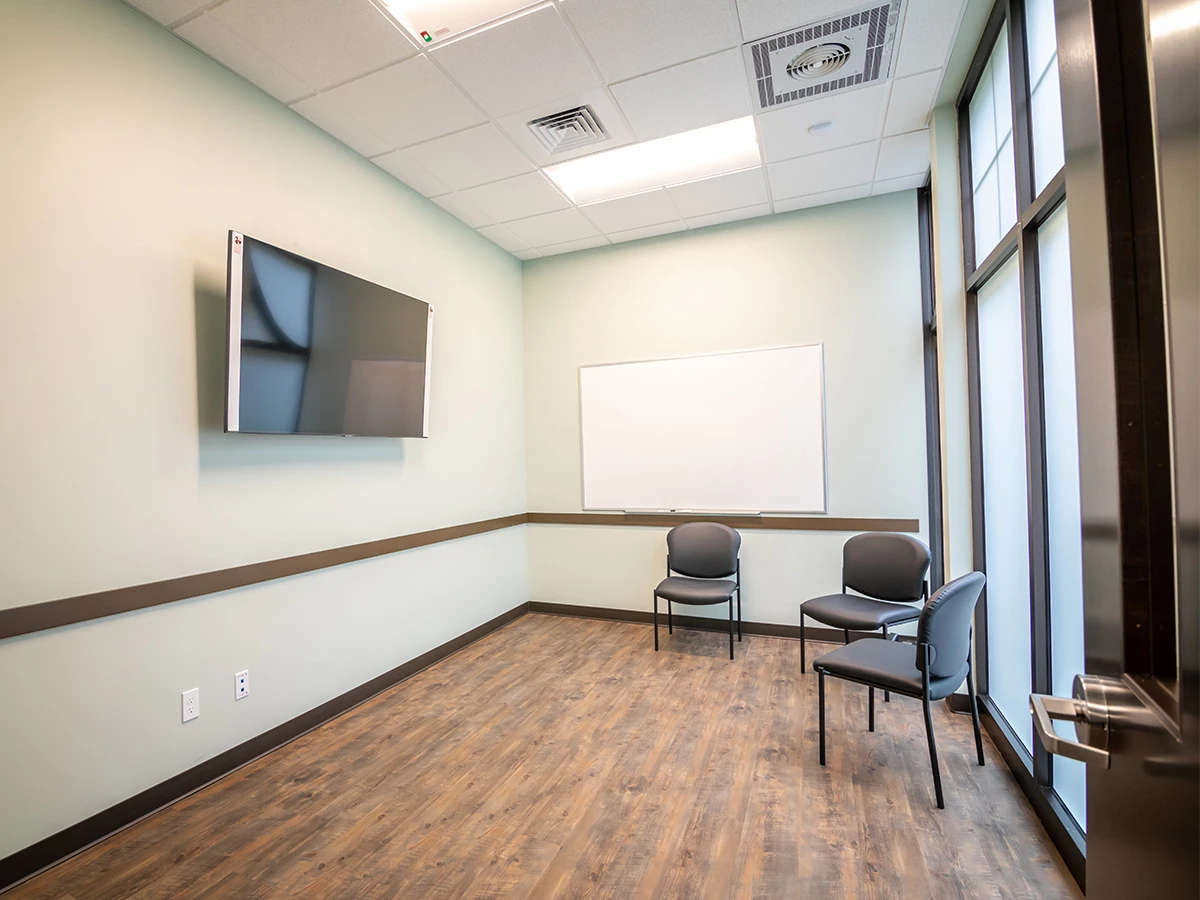Conway Behavioral Health Hospital Information
Treatment
Who We Treat
- Teens / Adolescents
- Adolescents
- Male and Female
Treatment Focus
- Schizophrenia
- Alcohol
- Anxiety
- Bipolar
- Burnout
- Depression
- Drug Addiction
- Trauma
Approaches
- Personalized Treatment
- Evidence-Based
- Medical
- Family Therapy
- Experiential
- Cognitive Behavioral Therapy (CBT)
- Motivational Interviewing
- 1-on-1 Counseling
- Art Therapy
- Music Therapy
- Recreation Therapy
- Life Skills Training
Conditions We Treat
- Depression
- Anxiety
- Bipolar Disorder
- Post Traumatic Stress Disorder (PTSD)
- Personality Disorder
- Psychosis/Schizophrenia
- Self-Harm
- ADHD/ADD
- Schizophrenia
- Bipolar
- Burnout
- Trauma
- Personality Disorders
- Anger
- Co-Occurring Disorders
Substances We Treat
- Alcohol
- Prescription Drugs
- Heroin
- Opioids
- Cocaine
- Synthetic Stimulants (Bath Salts)
- Synthetic Drugs
Languages
- English
Aftercare
- Discharge Planning
- Relapse Prevention Planning
- Intensive Outpatient Program
- Outpatient Treatment
- Continuing Care
- Support Meetings
Level of Care
- Outpatient
- Intensive Outpatient Program (IOP)
- Day Treatment
- Aftercare/Continuing Care
Experience
On-Site Amenities
- Basketball Court
- Outdoor Lounge
- Outdoor Space
- Recreation Room
- Volleyball Court
Personal Amenities
- Air-Conditioned Rooms
- En Suite Bathroom
- Private or Shared Rooms
On-Site Activities
- Yoga
- Games
- Physical Fitness
Accreditations
-
The Joint Commission
The Joint Commission, previously known as JCAHO, is a nonprofit organization that accredits rehabilitation organizations and programs. Established in 1951, its mission is to enhance the quality of patient care and showcase excellence in healthcare delivery.

Additional Locations
Conway Behavioral Health Hospital Accepts The Following Insurance Plans
Find the best treatment options. Call our free and confidential helpline today!














